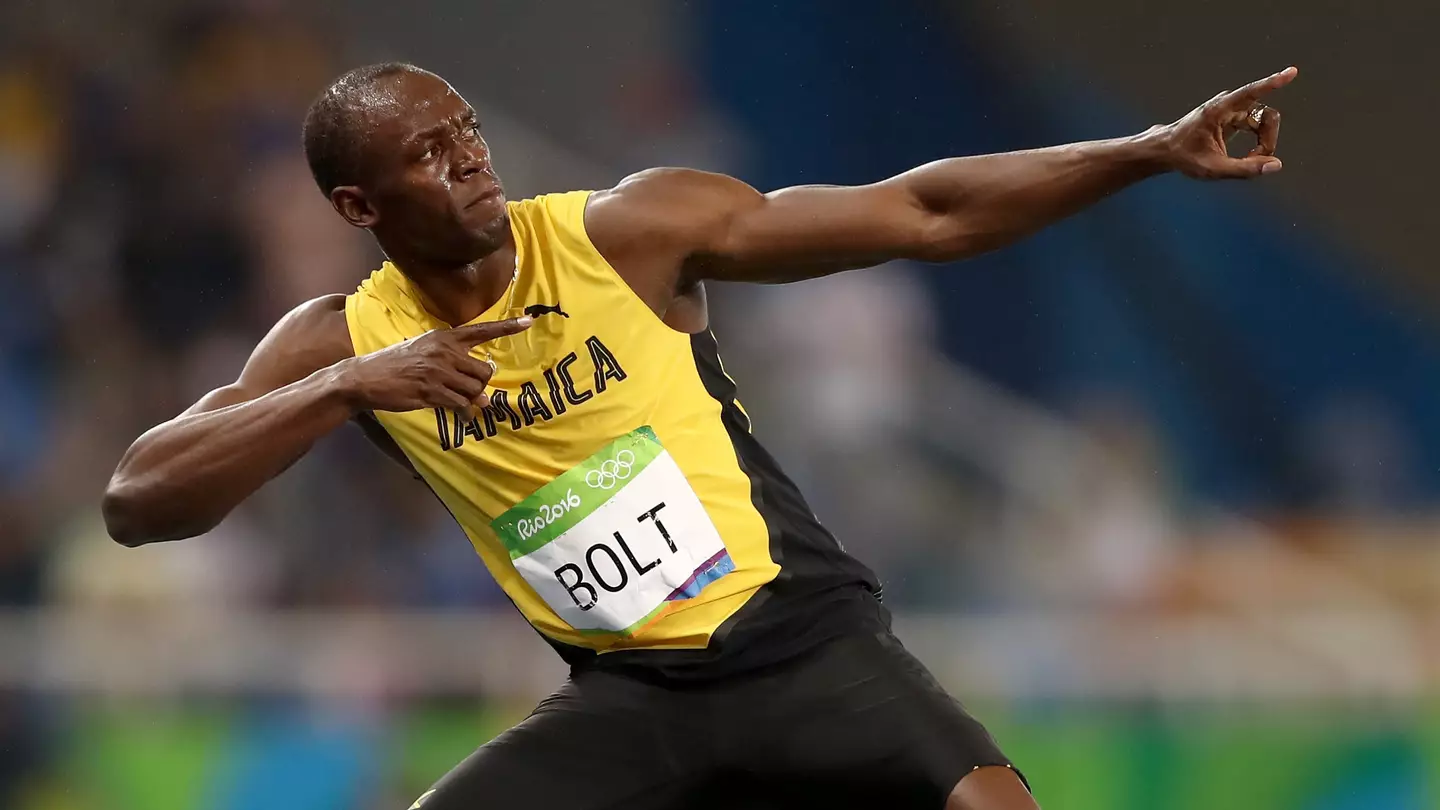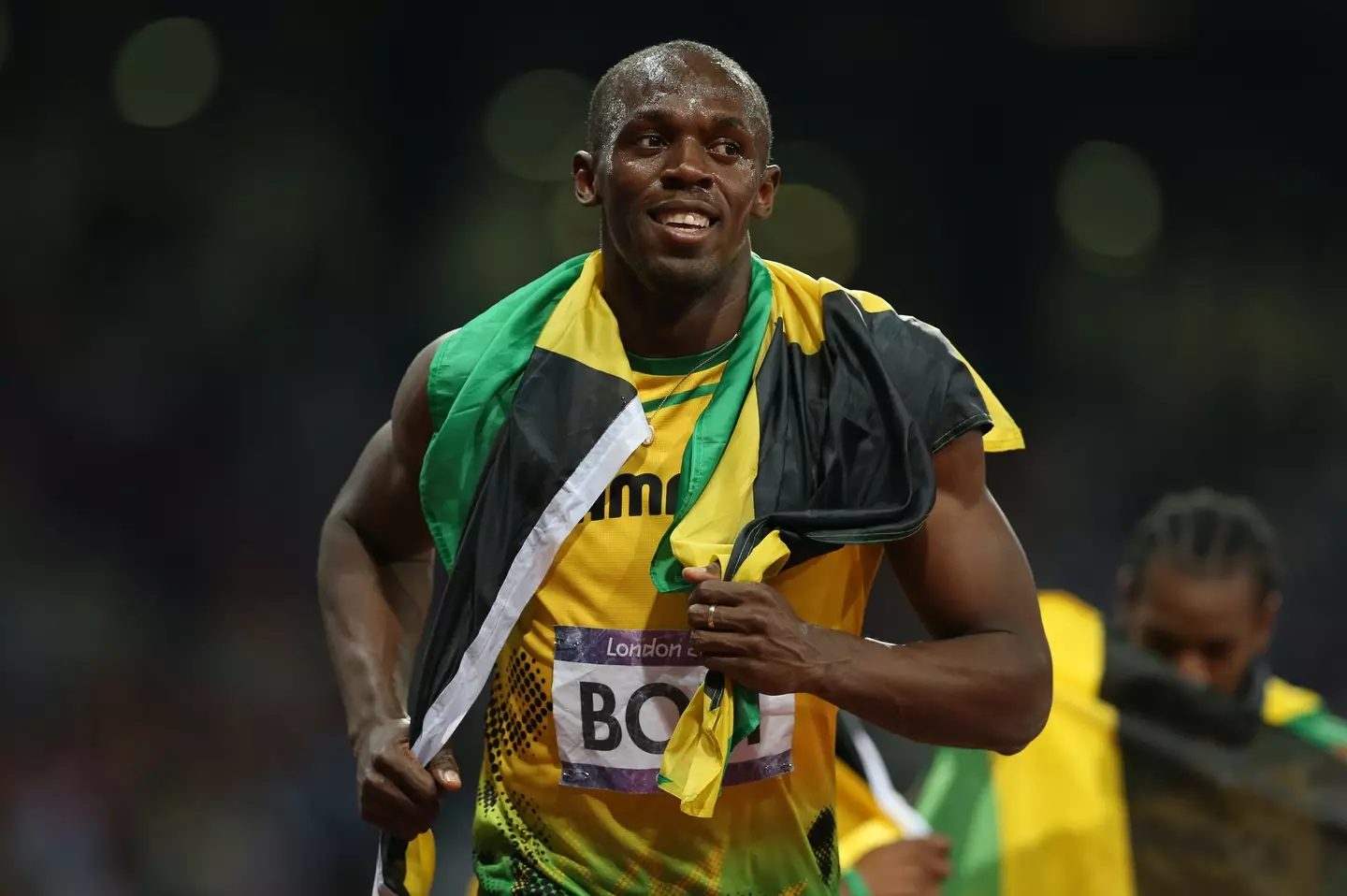
Usain Bolt believes one race on the track is harder than rest and science agrees with the Jamaican sensation.
Bolt, with eight Olympic gold medals to his name, is the fastest man over 100m and 200m and his world-record times do not look like they are going to be beaten anytime soon unless the world's first 'digital smart track' has a monumental impact on speed.
But while he is in his own late at two distances, Bolt once gave an emphatic response about another race which he would no intention of competing in.
Though he also holds the record for the fastest sprint over 150 metres, there was clamour for Bolt to put on his spikes and race for the 400 metres.
Advert
However, in 2010, the 38-year-old explained that he did not have any interest in doing so.
"I don't want to do 400m," Bolt said, as per The Independent.
"A lot of people want me to but I don't want to do it. But if I have to do it I guess I will do it,"
"If it takes that for me to become a legend in the sport I guess I will but otherwise I wouldn't want to do it."
Asked why he didn't want to race in the 400 metres, Bolt simply added: "Training. It's very hard."

Science agrees with Usain Bolt race claim
Bolt's comments about 400 metres being the hardest to run are backed by science - as per the YouTube channel Outperform.
Because of the distance and speed, the race requires the body to use three energy systems.
First starting with an energy store that allows runners to have a quick burst fo find top speed for the first 50 metres and five to 10 seconds, with the next 150 metres coming at below maximum speed as lactic acid kicks in and causes muscle fatigue.
The next 150 metres sees runners run at below their maximum speed, with lactic acid causing the muscles to fatigue.
Afterwards, anaerobic energy is produced for the the next 100 metres but will do so at a slower rate than the two sources and the demand outweighs the supply as a result.
The body will then attempt to follow this up by produce more aerobic energy but doing so to help the sprint finish is a struggle and leads to a negative impact on muscles.
The video explained why no one on the planet can run the race at full-throttle for the duration, with three-time 400m Olympic champion Michael Johnson reposting it and giving it his seal of approval.
"Good accurate explainer of the effects on the body of sprinting 400 meters," he wrote on X, formerly known as Twitter.
"Understanding this process was key to me breaking the WR and consistently running 43 seconds."
Topics: Usain Bolt, Olympics